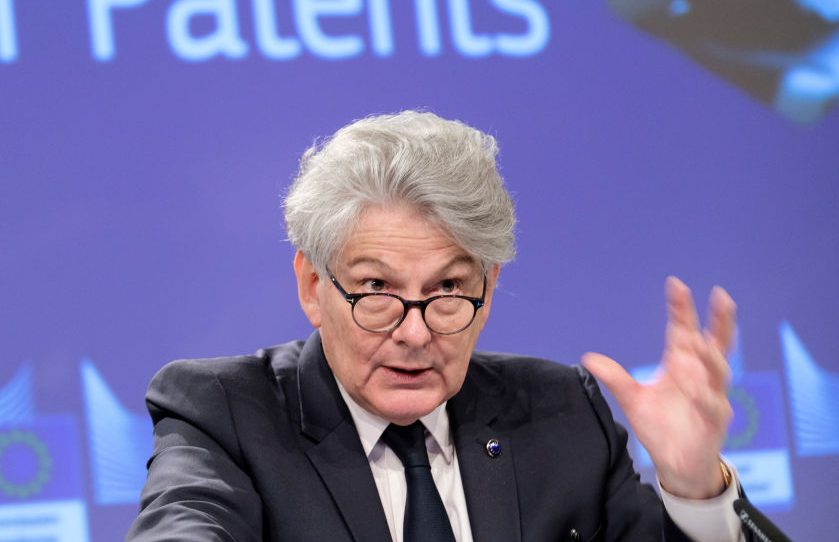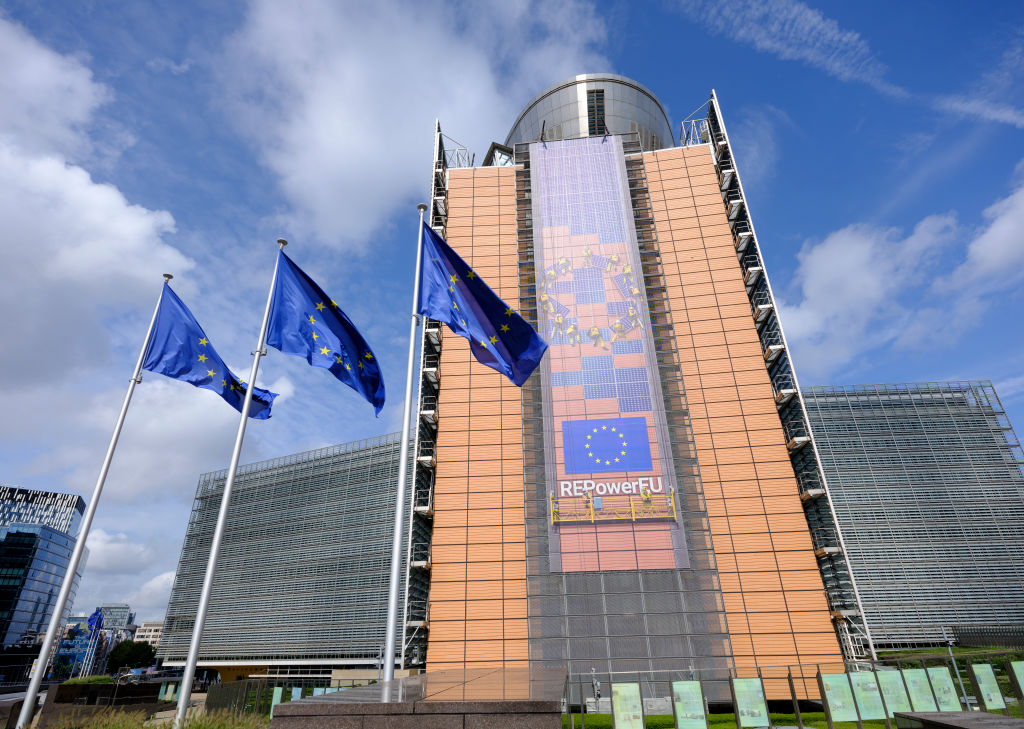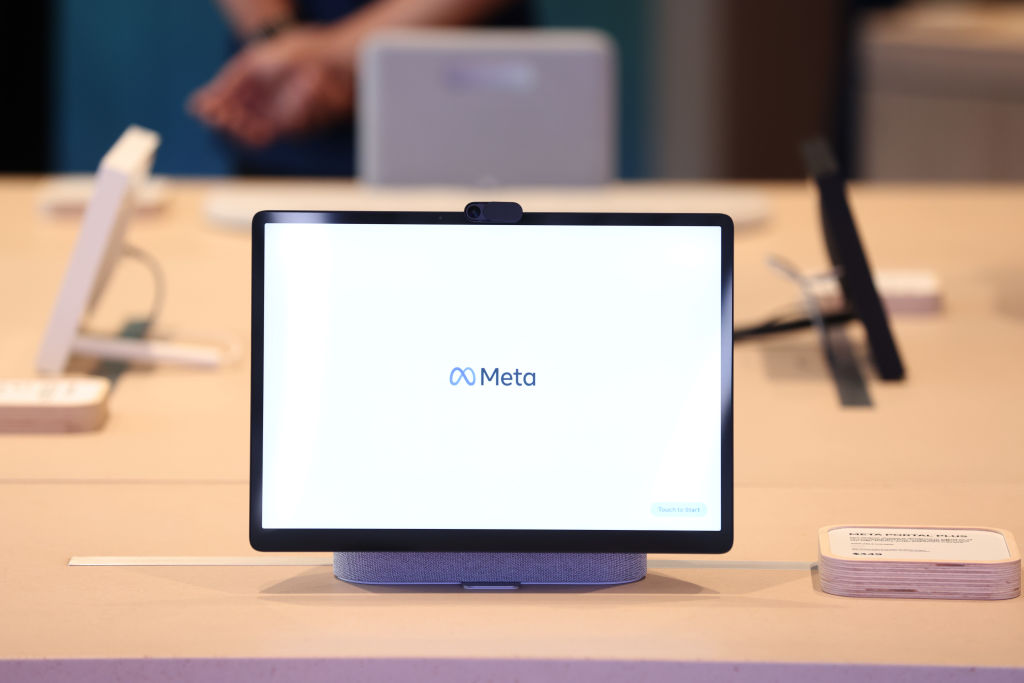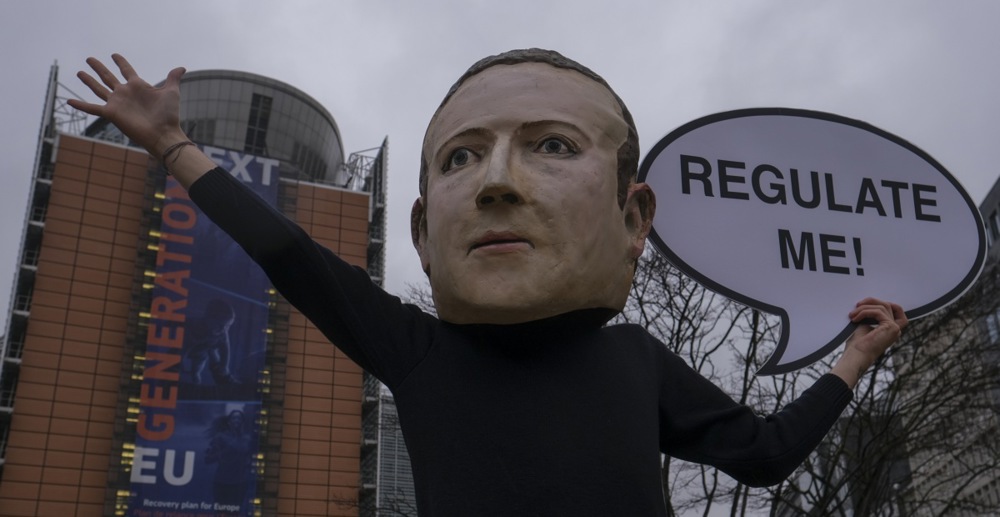The European Commission has launched a formal investigation into TikTok over fears the platform could be “radicalising minors”.
In a press release published on February 19, Brussels stated it now had reason to suspect the platform was “failing in its obligations” to protect children under the Digital Services Act (DSA) from content and algorithms that are deemed harmful.
That included what it said might lead to children going down a “rabbit hole” of political extremism.
Having put the Chinese-owned company under preliminary investigation last year, the EC confirmed it was now undertaking a formal probe regarding child-safety fears.
Today we open an investigation into #TikTok over suspected breach of transparency & obligations to protect minors:
?Addictive design & screen time limits
?️ Rabbit hole effect
? Age verification
? Default privacy settings
Enforcing #DSA for safer Internet for youngsters pic.twitter.com/4d2F0FQUHw
— Thierry Breton (@ThierryBreton) February 19, 2024
“Such assessment is required to counter potential risks for the exercise of the fundamental right to the person’s physical and mental wellbeing, the respect of the rights of the child as well as its impact on radicalisation processes,” it said.
The body also announced it would be investigating whether TikTok had failed to adequately protect personal data belonging to minors, as well as whether the company’s age verification methods are sufficient.
“The protection of minors is a top enforcement priority for the DSA,” the EC’s self-styled “digital enforcer” Thierry Breton said.
“We are launching this formal infringement proceeding today to ensure that proportionate action is taken to protect the physical and emotional well-being of young Europeans,” he added.
“We must spare no effort to protect our children.”
Chinese-owned social media platform TikTok has threatened to censor politicians it deems to be promoting “misinformation” in the run-up to elections in Europe later this year. https://t.co/p3beXLreN4
— Brussels Signal (@brusselssignal) February 15, 2024
According to the EC, there is no set deadline for when the TikTok investigation is to be completed.
If the company is eventually found to be at fault, it could find itself facing fines of up to six per cent of its global annual turnover.
TikTok is the second of the EC-designated Very Large Online Platforms (VLOPs) to come under a formal inquiry via the DSA.
The first to fall victim to such an investigation was Elon Musk’s X, which became subject to a probe in December due, in part, to fears it was not fully implementing the European Union’s censorship rules.
Of the 17 remaining VLOPs on the EU list, 16 have already been made subject to preliminary EC investigations over possible breaches of the DSA, with Wikipedia being the only platform on the current list yet to earn Brussels’ ire.
Further investigations are also likely after the recent expansion of the EU-wide law, with the Act now applicable to almost all but Europe’s smallest online platforms as of February 17.
The EC has also announced that it will be extending its list of VLOPs to a number of Europe’s most popular pornography websites, with the designation carrying further obligations.
The European Commission has slapped more stringent regulation on three major pornography websites under the Digital Services Act, but Pornhub has told Brussels Signal it disputes the viewing figures cited by the Commission giving it the power to do so. https://t.co/YMUfHP3bkB
— Brussels Signal (@brusselssignal) December 20, 2023





